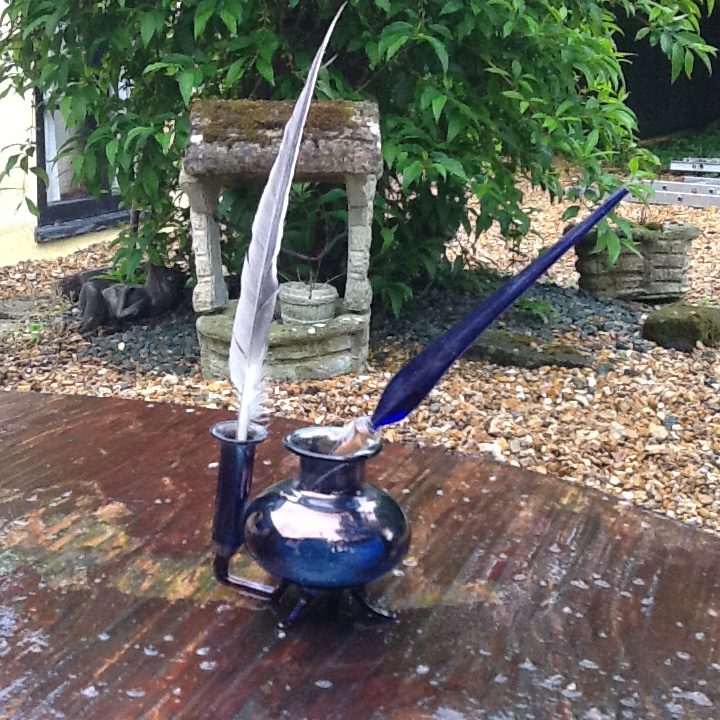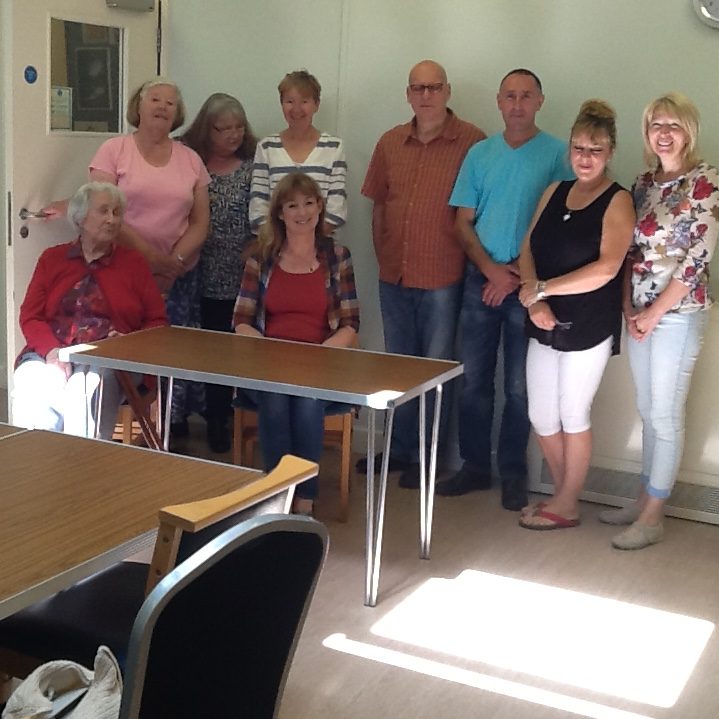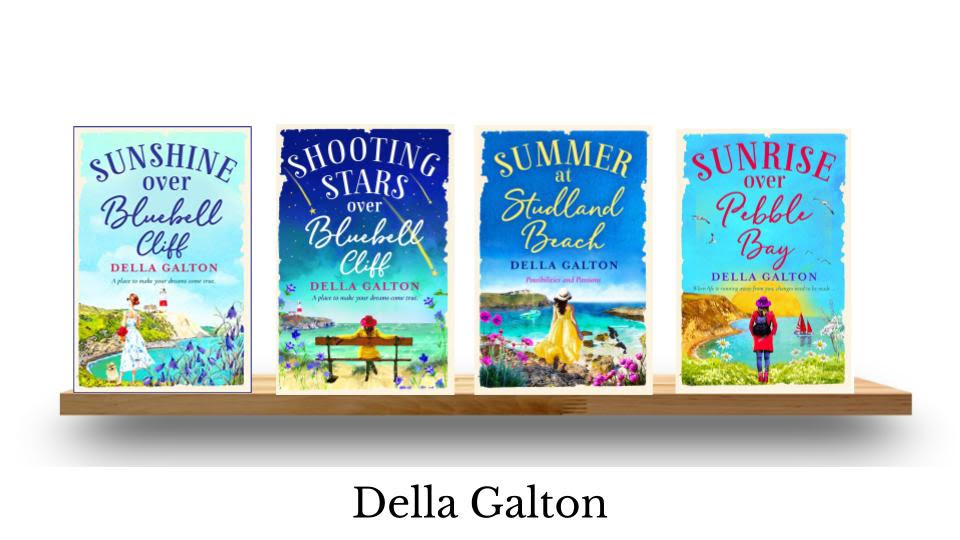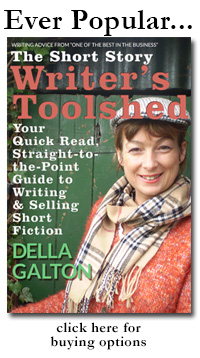
writing Inspiration
Flash Fiction is a term that can be applied to anything under 1000 words but more usually it’s shorter. For the purposes of this blog let’s say between 300 and 500 words.
It shouldn’t be anecdotal, i.e. it should still have the elements of a short story (see definition) but I often see Flash that is quite anecdotal so clearly this will depend on the judge. If possible check the previous winners for hints.
My definition of a short story is: a character with a problem, which is resolved by the end in an unexpected way. The character should change in some way by the end of the story.
Flash Fiction must be strong. The following all work well in flash:
- Twist endings.
- Very strong characters, especially in a slice of life story.
- Powerful emotion.
- Humour if it’s established swiftly and from the outset.
- Tales with a moral, for example, criminal gets come-uppance.
- Strong structures that help to carry the story, for example, the story may be headed up in sections such as a diary format or winter, summer, autumn, spring.
- Strong themes – such as revenge, hope, loss, love.
What doesn’t work?
- Anything that’s too complicated. Plots should be simple with one main thread.
- Too many characters dilute the story. One central character is good.
- Very long time spans are hard to pull off.
- A lot of dialogue is hard to fit in. Snippets are good.
- Likewise too much scene setting won’t work. There isn’t room.
- Multi viewpoint is hard to pull off. Stick to one character or use a narrative viewpoint.
Flash must have a good hook and it must have a strong end. It’s usually better to write over your target word length and then cut back. It is very good practice for building both your short story skills and editing skills.
Not to mention great fun.
By the way The Morning After the Life Before is 99p today and tomorrow. That’s the sequel to Ice and a Slice, it doesn’t go on promo very often so grab it if you want it.
Thanks for reading.
Della xxx





Hi Della, I always look forward to reading your blog. Inspirational and full of great tips. Thanks for sharing your wealth of experience with us. Much appreciated. Lisa Macgregor xx
Thanks Lisa. Nice of you to say so.
Have just finished ‘novels tool shed’ absolutely brilliant ! Had read about 17 different how to books and this basically condenses ALL the relevant stuff into a handy size guide. Just like writing your own notes. Thanks Della it is even more helpful than the previous one. Everyone should have a copy.
Georgina.
Thanks Georgina. So glad it’s helpful. I think that simple is often best. Really appreciate you popping by.
Thanks Della. Wonderful tips shared in your usual generous way . I keep meaning to have a go at Flash Fiction and hopefully this is just the nudge I need 🙂 xx
As a;ways, useful and practical tips. I’m working on plot twists at the moment and have checked out some twist generator sites. The trouble is they are so predictable. As a matter of interest, Della, what’s your opinion of a subtitle like Twist In The Tale Story? I personally hate it as it takes away from the story surprise however I assume there are readers out there who see guessing the twist as a challenge?
Thanks for summarising the elements of this genre. As you say, write longer and prune to fit the word count.
Hi Alan
Twist generator sites. I didn’t even know there were such things. Where are they? Sounds v interesting. Re whether the mags should label the stories I think opinion is divided. Even mine! As a reader I love it – because from the off I can start guessing the twist. As a writer I hate it because from the off readers will start guessing the twist. Which makes it more difficult to write them, I think!